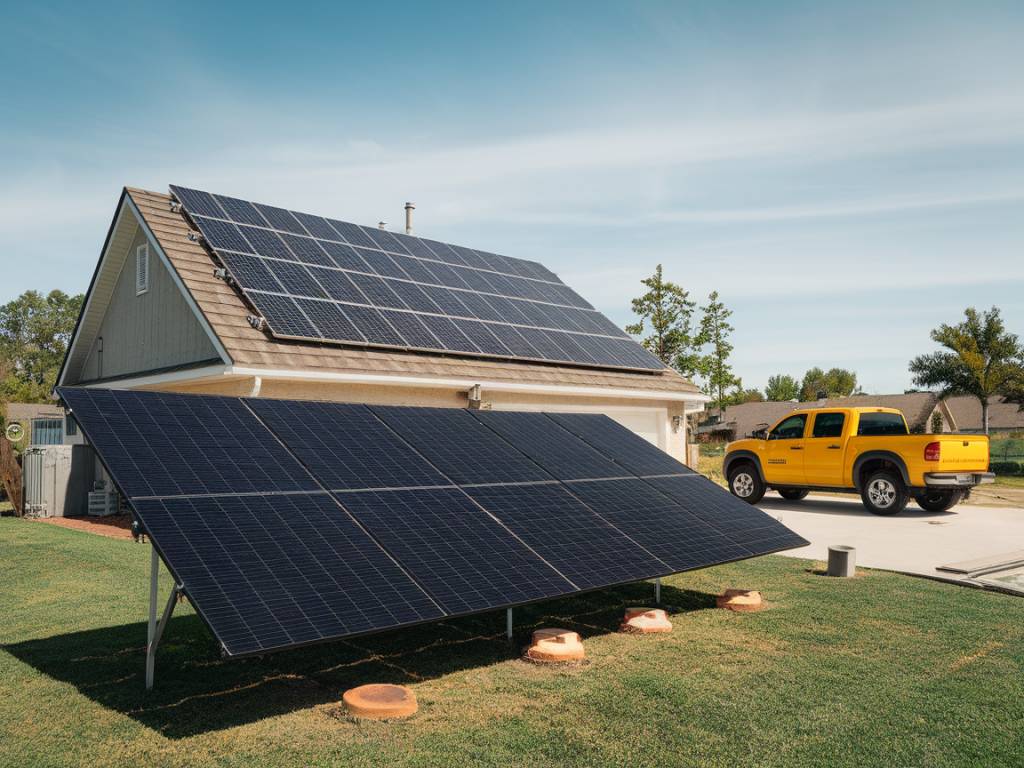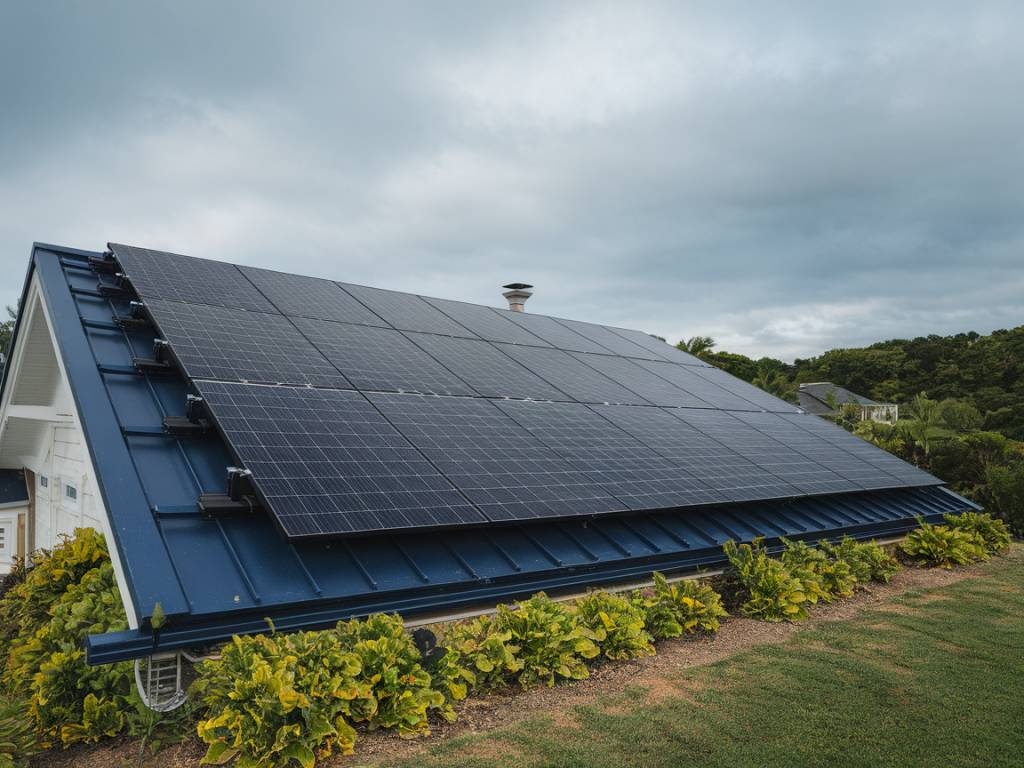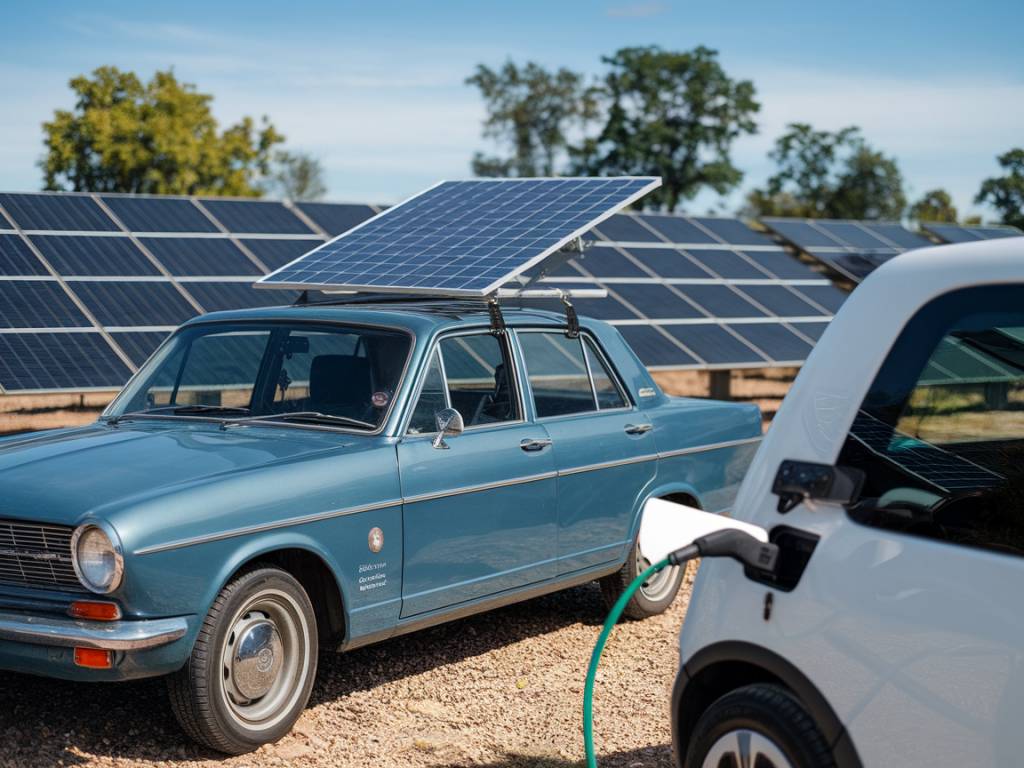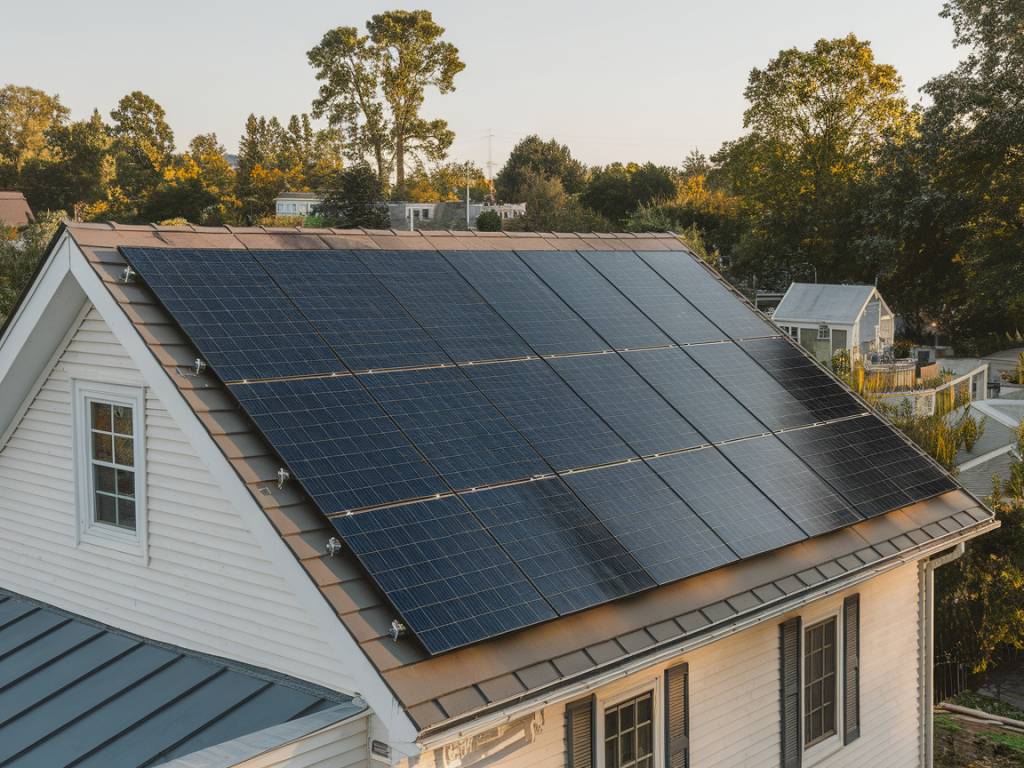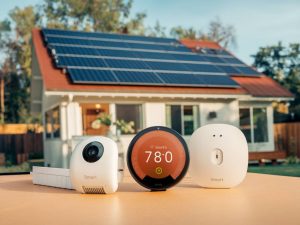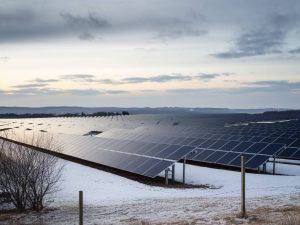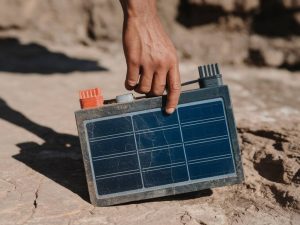How to choose the right solar system for your home
« `html
Understanding Solar Panels and Their Benefits
Solar panels, also known as photovoltaic (PV) panels, capture sunlight and convert it into electricity. By harnessing the power of the sun, homeowners can significantly reduce their reliance on traditional energy sources, which are often more expensive and less environmentally friendly. One of the key benefits of solar energy is the potential to lower your electricity bills. Additionally, solar systems contribute to reducing your carbon footprint, promoting a cleaner and more sustainable future.
The decision to invest in a solar energy system involves multiple factors. Understanding these elements can help you make an informed choice that aligns with your energy needs and budget. Here’s a detailed guide to help you choose the right solar system for your home.
Assessing Your Energy Needs
Before committing to a solar energy system, it’s essential to evaluate your household’s energy consumption. Analyze your electricity bills to determine your average monthly usage in kilowatt-hours (kWh). This data will provide a baseline for estimating the size of the solar system you need.
Consider the following steps to assess your energy needs:
- Review past electricity bills: Take note of the highest and lowest usage months.
- Consider future energy needs: Are you planning to expand your home or add new appliances?
- Energy efficiency improvements: Implement energy-saving measures to lower overall consumption.
Types of Solar Panels
Solar panels come in various types, each with specific characteristics and efficiency levels. Understanding the differences can help you choose the right technology for your home.
- Monocrystalline Panels: These panels are made from a single crystal structure. They are known for their high efficiency and sleek appearance but tend to be more expensive.
- Polycrystalline Panels: Made from multiple crystal structures, these panels are generally less efficient than monocrystalline panels but are more affordable.
- Thin-Film Panels: Flexible and lightweight, these panels are less efficient but can be used in applications where traditional panels may not be suitable.
When choosing a solar panel type, consider factors such as budget, available roof space, and aesthetic preferences.
Solar System Components
A solar energy system comprises several key components that work together to generate and deliver power to your home. Here are the main elements:
- Inverter: Converts the direct current (DC) generated by the solar panels into alternating current (AC) used by household appliances.
- Mounting System: Secures the solar panels to your roof or ground, ensuring optimal placement and angle for maximum sunlight exposure.
- Batteries: Store excess energy for use during periods of low sunlight or at night. This is especially useful for off-grid systems.
- Monitoring System: Tracks the performance of your solar panels, allowing you to monitor energy production and consumption.
Evaluating Your Roof’s Suitability
Your roof’s condition and orientation play a crucial role in the efficiency and effectiveness of your solar energy system. Here are some considerations:
- Roof Condition: Ensure your roof is in good condition and can support the weight of the solar panels. A roof inspection may be necessary.
- Orientation and Tilt: South-facing roofs with a tilt angle of 30-45 degrees are ideal for maximum sunlight exposure. However, east- or west-facing roofs can also work but may require additional panels to meet energy needs.
- Shading: Assess any potential shading from trees, buildings, or other obstructions that could impact solar panel performance.
Considering these factors will help you determine if your roof is suitable for a solar installation and if any modifications are necessary.
Cost and Financing Options
The cost of a solar system can vary depending on several factors, including the size of the system, the type of panels used, and installation expenses. However, various financing options can make solar energy more accessible:
- Outright Purchase: Paying for the system upfront can lead to long-term savings and maximum financial benefits.
- Solar Loans: Loans specifically designed for solar installations can help spread the cost over time while still allowing you to own the system.
- Leases and Power Purchase Agreements (PPAs): These options involve paying a monthly fee for using the solar system, usually with little to no upfront cost. However, the solar company typically retains ownership of the system.
- Incentives and Rebates: Look for federal, state, and local incentives that can reduce the overall cost of your solar investment.
Evaluating these options can help you decide the best financial approach to take when installing a solar energy system.
Choosing a Reliable Solar Installer
The success of your solar project largely depends on the expertise and reliability of the installer. Here are some tips to choose a reputable solar company:
- Research and Reviews: Look for customer reviews and ratings on various platforms to gauge the reliability of potential installers.
- Certifications and Licenses: Ensure the company has the necessary certifications and licenses to operate in your area.
- Experience: Opt for companies with a proven track record and extensive experience in residential solar installations.
- Warranty and Support: Check for comprehensive warranties and after-installation support.
- Quotes and Comparisons: Get multiple quotes to compare prices and services offered by different installers.
Maintenance and Monitoring
While solar energy systems are relatively low-maintenance, regular check-ups and monitoring can ensure optimal performance and longevity. Here’s what you should keep in mind:
- Routine Inspections: Schedule periodic inspections to check for any issues or damages to panels and other components.
- Cleaning: Clean the panels periodically to remove dust, debris, and bird droppings that could hinder performance.
- Monitoring Systems: Use monitoring systems to keep track of energy production and identify any anomalies.
- Professional Maintenance: Consider annual professional maintenance to ensure the system operates at peak efficiency.
Investing in a solar energy system is a decision that involves careful consideration and planning. By understanding your energy needs, evaluating different panel types, and choosing a reliable installer, you can make the most of your solar investment. Additionally, utilizing financing options and maintaining your system diligently will ensure that you reap the benefits of renewable energy for years to come.
« `
